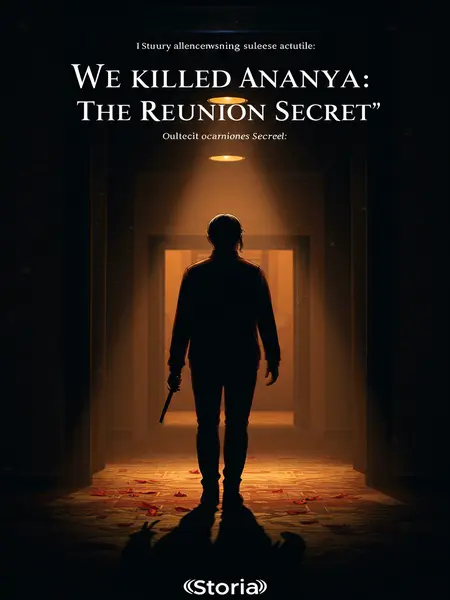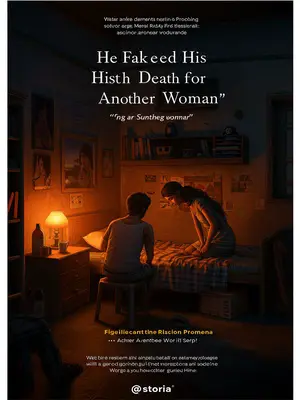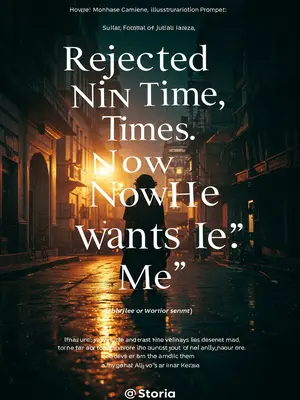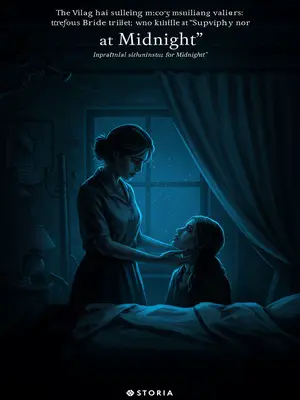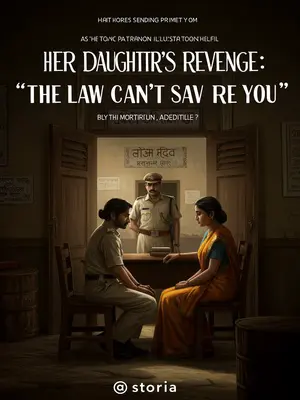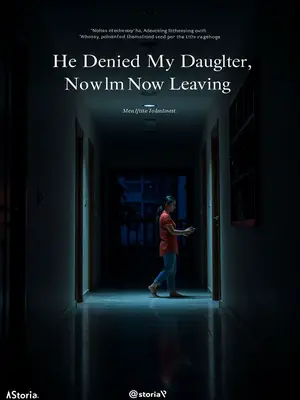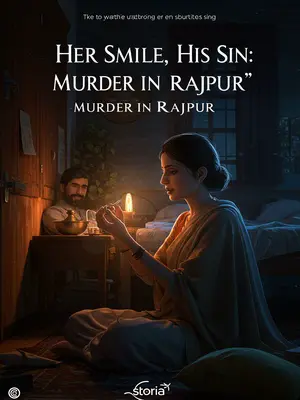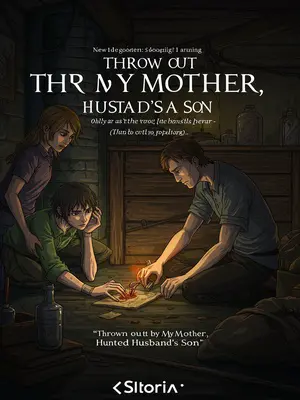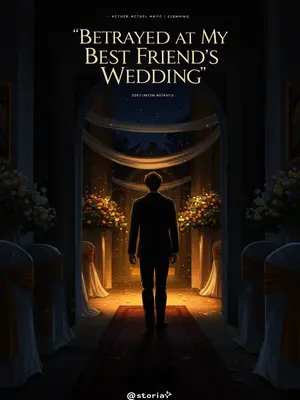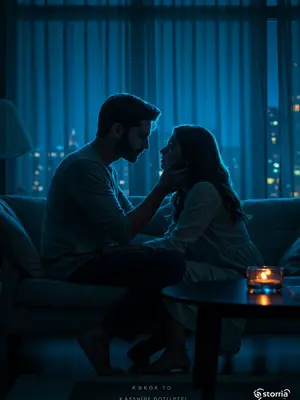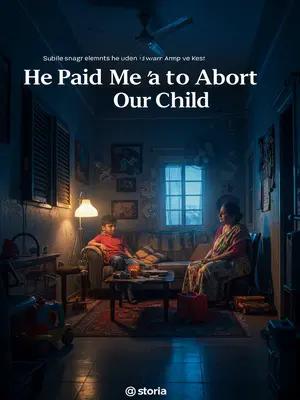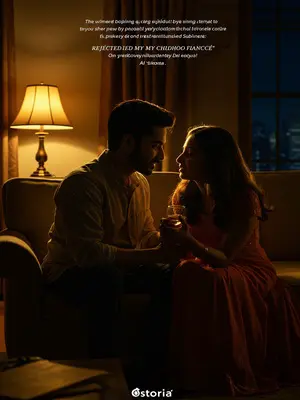Chapter 2: Accusations and Alibis
After Kabir’s words, the laughter at the table dissolved like sugar in chai.
Even the waiter, tray of samosas in hand, paused mid-step, unsure whether to break the grave silence.
A deathly hush settled over us.
But not for long—someone burst out, trying to laugh it off: "Bas kar, Kabir! Teri whisky ne toh sach ka bhi murder kar diya. What are you saying, yaar?"
Another old friend, tie half-loosened, grinned, "Oye, Ananya ki file band ho gayi police ke yahan, ab tu kyun khol raha hai? Everyone knows it was suicide."
"Fifteen years, yaar—can you believe it? Time just vanishes."
The group’s laughter tried to patch up the awkwardness, glasses clinked, and someone nudged the DJ to play a Kumar Sanu track. As the music floated, stories of school mischief resurfaced.
But Kabir saw no one was listening. He wiped sweat from his brow, fidgeted with his glass, and then slammed the table—
The bang cut through the room, drawing glances from nearby tables.
"I’m not talking rubbish! I really saw someone push her off the roof!"
"And not just that—"
He paused, took a shaky breath, and went on:
"The person who pushed her is sitting right here—one of you."
His eyes swept over each of us, sharp and searching, but his gaze lingered on me a bit too long. I felt sweat bead at my hairline, despite the AC’s steady hiss.
My heart thudded again.
He didn’t look like a drunk making up stories.
But the day it happened, we had locked Kabir in the staffroom bathroom ourselves.
I remembered the chill of the tiles, the musty air, the way Kunal and I exchanged worried glances after turning the key.
Could Kabir have gotten out without us knowing?
No.
Kabir and Ananya had been childhood friends—their parents close, too. After Ananya died, Kabir was shattered. His grades dropped, and he barely scraped into a college in Lucknow.
Their families had always hoped they’d end up together. I remembered Aunty, over chai and Parle-G, telling my mother how nice it would be if Kabir and Ananya became a pair.
After graduation, he rushed into marriage—family-arranged—and had a child. Now, he worked in my company, below me in rank.
You could say, Ananya’s death ruined his entire life.
But if Kabir had really seen anything, especially after Ananya’s mother nearly killed herself from grief, he’d have told the police. There’s no way he’d have waited this long.
I don’t know what game he’s playing—but I’m sure Kabir is lying.
Realising this, I let out a quiet sigh of relief.
My hand found the edge of the table, gripping it tightly as if steadying myself against a tide only I could feel. I fiddled with the napkin, pretending to focus on a stain, and unconsciously straightened my back, just in time to meet Kabir’s anxious eyes. He looked like a drowning man clutching at a lifeline.
"Arjun, do you believe me?"
Everyone knows: when people are desperate, they turn to the closest one for help.
After college, by coincidence, we both joined the same insurance company. Out of everyone, Kabir was closest to me.
But now, I couldn’t tell if he needed comfort—or if he was testing me.
I forced a smile, about to reply, when a woman’s voice interrupted behind me:
Her bangles jingled as she leaned forward, her brow creased, voice low but sharp—like an aunty scolding a kid for lying. "If you saw it back then, why didn’t you tell the police?"
